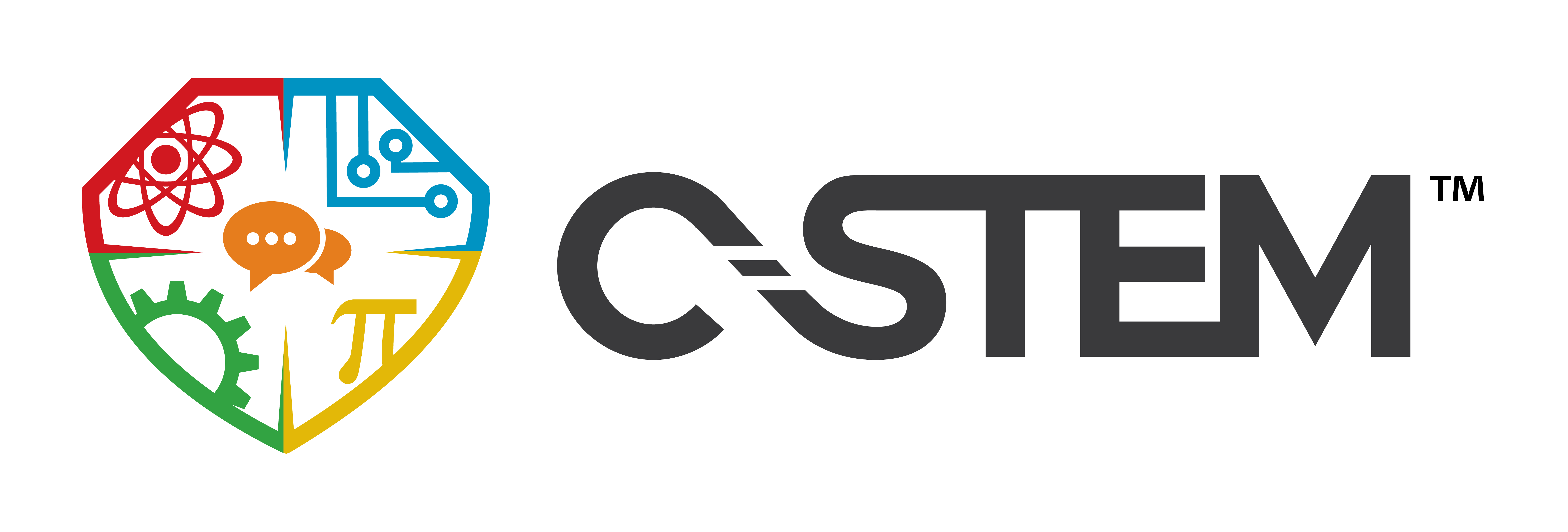Written by: Reagan Flowers, Ph.D.
In a recent FutureEd webinar, educational professionals and other stakeholders examined the deep-seated inequities in K-12 gifted and talented programs. To discussion centered around three school districts that have adopted an alternative structure of advanced education, aiming to broaden opportunities for more students while supporting advanced learning.
Addressing a Longstanding Issue
Advanced education programs have long faced criticism for excluding students of color, English-language learners, students with disabilities, and those from low-income families. Data presented by Vanderbilt University researchers highlighted a stark reality: the wealthiest 20 percent of families are six times more likely to access advanced opportunities than high-performing students from the poorest 20 percent.
While some advocates argue for eliminating these programs to combat systemic biases, there’s a compelling case for reforming them to close the gap and provide much-needed opportunities for underserved and underrepresented students.
Rethinking Advanced Programs
Traditionally, advanced programs allow students to progress through the curriculum at their own pace and delve deeper into subjects. The webinar panel suggested that moving away from the terms “gifted and talented” could be a crucial step toward inclusivity. These terms imply inherent abilities rather than the potential to develop exceptional learning behaviors given the right environment.
By viewing academic talent as something that can be nurtured rather than an innate trait, we can structure advanced education programs to be more equitable and inclusive.
Opportunities for Improvement
We should evaluate student performance relative to their local peers rather than national standards to address inequities. This approach considers local social and environmental factors, helping educators identify more academically able and eligible students within their contexts.
Universal screening is another essential component. Every student should be considered for advanced education programs, regardless of social determinants such as race or socioeconomic status. Currently, many programs rely on nominations from teachers, peers, or parents, which can limit access. Universal screening can help uncover high-performing students from low-income families who might otherwise be overlooked.
Making advanced programs accessible to all students requires a straightforward and equitable process. Incorporating STEM education early on is critical, as young students are especially receptive to absorbing new information. Early exposure to advanced learning opportunities helps students adapt to challenging instruction, setting them up for success in more rigorous academic environments later.
Overhauling Advanced Programs
For these reforms to succeed, schools and districts must completely overhaul their advanced programs. This includes comprehensive training for teachers and staff to recognize and support Black, female, low-income, English learners, and other underrepresented students. Educator training can help combat biases and identify students who need more challenging assignments.
Effective communication with parents and guardians is also vital. Holding Q&A sessions can demystify these programs for families who may need to be made aware of the opportunities available to their children.
Looking Foward
We still have a long way to go, but at C-STEM, we have seen firsthand how advanced curricula like our STEM competitions can transform the lives of low-income students, students of color, and others who have been overlooked. We dream of a future where every child who wishes to can build their skills in advanced educational programs.
As we continue to advocate for equity and inclusivity in education, we invite you to share and support these vital initiatives. Together, we can create a more just and equitable education system that empowers all students to reach their full potential.






